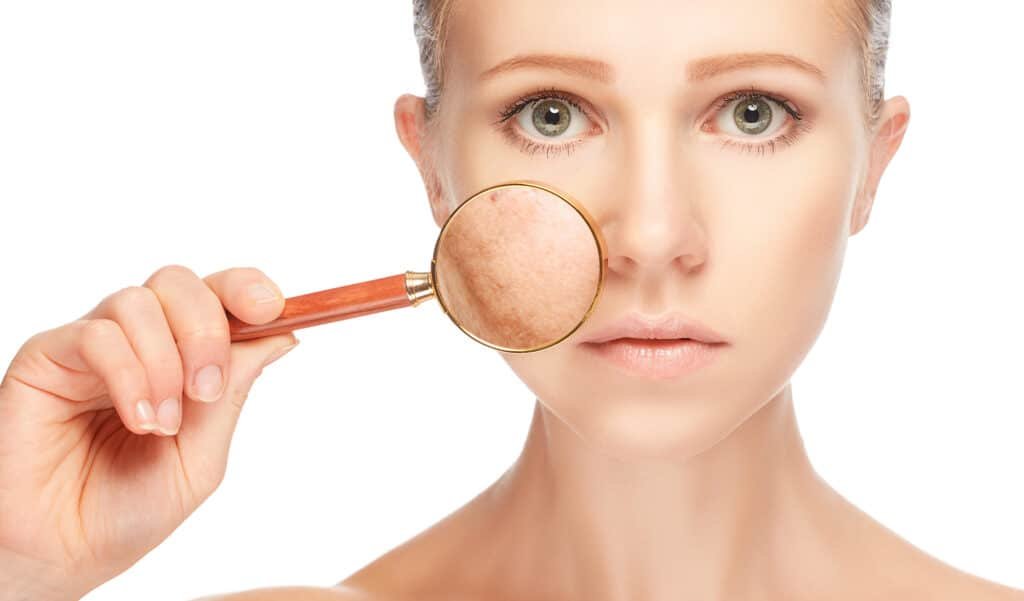
Melasma is a skin condition characterized by the appearance of brown spots on the skin, mainly on the face. Although melasma is not dangerous to health, it can cause cosmetic problems and affect the self-esteem of individuals. In the majority of cases, it occurs in women, especially during pregnancy or the use of contraceptive pills, but it can also occur in men, although more rarely.
Causes of Melasma
The exact causes of melasma are not fully understood, but there are several factors that seem to contribute to its appearance:
- Hormonal changes: The most common risk factor is hormonal fluctuations, such as those that occur during pregnancy or the use of birth control pills.
- Sun exposure: Excessive exposure to the sun without protection is one of the main causes of melasma, as ultraviolet radiation causes increased melanin production in the skin.
- Genetic predisposition: People with a family history of melasma may be more prone to developing the condition.
- Chemicals or medication: Some medications and products containing chemicals can increase the skin’s sensitivity to the sun and cause melasma.
- Other factors: Stress, poor diet, or thyroid disorders can also aggravate the condition.
Symptoms of Melasma
Melasma usually manifests itself in the form of brown spots on the skin, mainly on the face, and in places such as:
- Forehead
- Cheeks
- Around the lips
- Nose and chin
The spots usually appear symmetrical and have intense pigmentation. The spots can be small and limited or larger and cover large areas of skin.
Treating Melasma
Although there is no definitive cure for melasma, there are several ways to reduce symptoms and prevent the condition from worsening:
- Use of Sunscreen: The use of sunscreen with a high protection factor (SPF 50 or more) is essential to prevent the worsening of melasma and to protect the skin from the sun’s ultraviolet rays.
- Avoiding sun exposure: Avoiding direct sun exposure, especially during hours of intense sunlight, can help reduce spots.
- Topical treatments: Creams or formulations with ingredients such as hydroquinone, retinol, azelaic acid, or vitamin C can help reduce pigmentation and restore skin color.
- Chemical peeling: Chemical peeling treatments, which involve exfoliating the top layer of skin, may help smooth out pigmentation.
- Laser treatments: Certain types of lasers may help remove melasma spots by reducing the intensity of the pigment.
- Medical monitoring: In more serious cases, the advice of a dermatologist is necessary to choose the appropriate treatment and monitor the condition.
Prevention of Melasma
- Sun protection: Proper and daily use of sunscreen is the most effective way to prevent melasma. Even in the winter months, sun exposure can worsen the condition.
- Avoiding hormonal changes without medical advice: If you are pregnant or using birth control pills, talking to your doctor about alternative options may be helpful if you notice the appearance of melasma.
- Good nutrition and healthy lifestyle: A balanced diet, with an emphasis on vitamins and antioxidants, can help the skin stay healthy and reduce its sensitivity to the sun.
Melasma, although usually not dangerous, can cause cosmetic problems. Proper skin care, sun protection, and appropriate treatments can help effectively manage and reduce symptoms.




